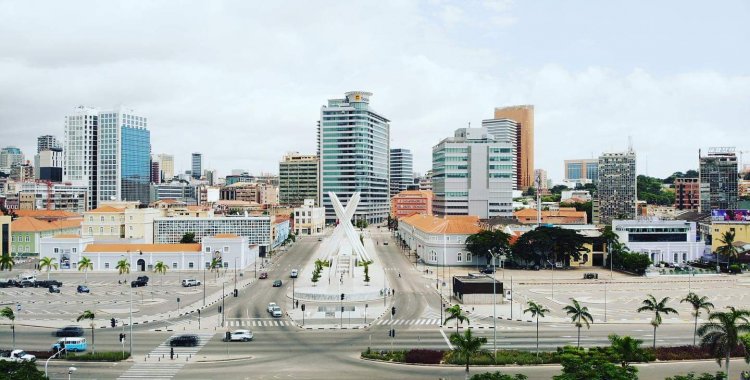The economy will grow one percent this year after five years of contraction, thanks to growth in sectors such as agriculture and construction, with several reforms launched to diversify the economy, Nunes Júnior said this Friday, pointing out that a recovery in Oil prices also helped to stabilize the country's total reserves to around $ 15 billion, the equivalent of a year of imports.
"In 2020, the clearly downward trend in inflation was interrupted by the impact of the covid-19 pandemic," said the official in response to questions from Bloomberg, in which he stated that "this year the downward path of inflation will resume and economic conditions so that nominal interest rates can be adjusted downwards ".
The National Bank of Angola has kept the benchmark interest rate unchanged at 15.5 percent for almost two years, despite the fact that several African central banks have eased monetary policy in 2020 to protect economies from the negative impact of the pandemic.
The national regulator, instead of using monetary policy instruments, tried to moderate the rise in prices by adjusting the amount of circulation of kwanzas in the economy, keeping it in line with inflation objectives, since much of the pressure on prices comes increase in imports following a depreciation of the kwanza.
"The problem with interest rates in Angola has to do with the structure of the economy, which is still very dependent on imports, at the same time that it depends on a single product for its exports", explained the minister, referring to the oil, which is worth about 90 percent of Angola's sales abroad.
Inflation in the country is at 24.8 percent, having declined slightly compared to the last few months, but in 2016 it was above 40 percent, having dropped to less than 20 percent in 2019, when the currency started to depreciate.







